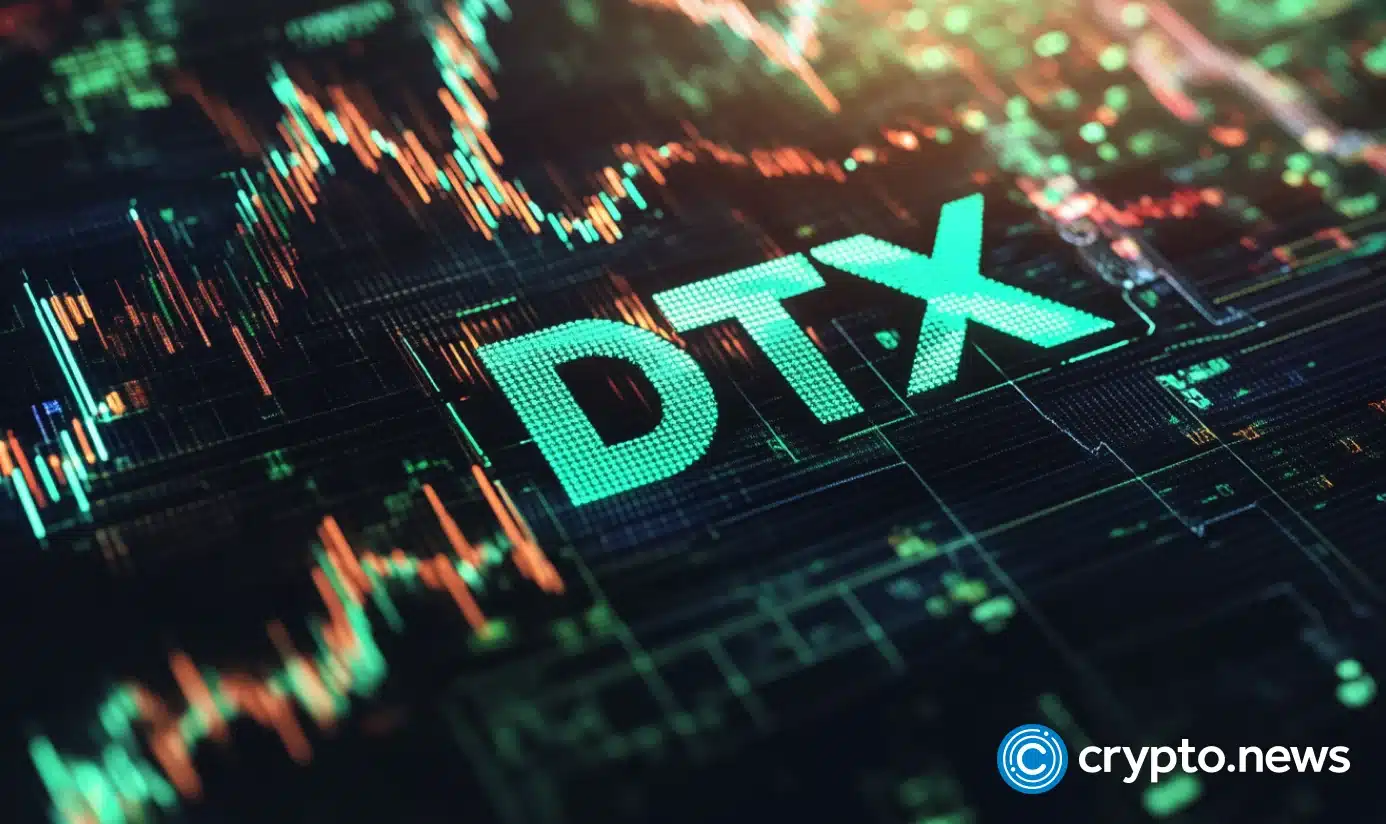The world of cryptocurrencies has grown, so has the demand for financial privacy. Privacy coins are another subgroup of cryptocurrencies that supply users with a unique benefit in their completeness of confidentiality. Unlike typical cryptocurrencies like Bitcoin, where transactions are traceable, privacy coins prioritize user anonymity. This focus on privacy sets them apart from other digital currencies.
This appeal for private transactions has led to a constant debate within the crypto community. Regulators are pushing for transparency to reduce criminal activities. On one side of this tug-of-war are the privacy coins, Monero and Zcash. The main challenge is finding a way to allow private transactions while still complying with blockchain regulations.
This article will explore what privacy coins are, how they work, the regulatory challenges they face, and if a solution can satisfy both users and authorities.
What are Privacy Coins?
Privacy coins are a class of cryptocurrency that is specifically designed to facilitate completely private and traceless transactions. They meet a growing demand for confidentiality in digital finance, where users could prefer personal data protection from undesirable attention.
The most popular privacy coins include Monero and Zcash. Each of these kinds of coins boasts unique features in their attempt to lock user anonymity.
- Monero (XMR): Known for its strong focus on privacy, Monero hides transaction details using stealth addresses and ring signatures. This makes tracing transactions nearly impossible, enhancing the user’s privacy.
- Zcash (ZEC): Zcash offers users the choice between private and public transactions through a technology called zk-SNARKs, which stands for “zero-knowledge succinct non-interactive arguments of knowledge.” This technology allows for the verification of transactions without revealing any actual transaction data.
With features like these, privacy coins offer users a high level of anonymity. This makes them particularly appealing to those who value financial privacy.
How Privacy Coins Protect Anonymity
Privacy coins employ various technical features to shield user data from public view. While the underlying mechanics are complex, here’s a breakdown of how some of the main techniques work:
- Stealth Addresses: Monero uses one-time stealth addresses for every transaction. This means that even if two users are operating with each other more than once, each transaction gets recorded with a unique address, hence making it difficult to link the transactions back to the sender or the receiver.
- Ring Signatures-Monero: The technology mixes the user’s transaction with many others on the blockchain, making it hard to trace from where it initially came. Monero’s ring signature provides multiple signatures that mask the origin of each transaction.
- Zk-SNARKs: Zk-SNARKs are advanced cryptographic technology applied to Zcash that enables the network nodes to verify transactions without actually needing to reveal any specific information of a transaction. Using Zcash, users may choose between making “shielded”-that is, private-“shielded” transactions or “transparent” ones, which work just like regular crypto-transactions.
These technologies further anonymize crypto by making users’ financial information secure. Privacy coins, such as Monero and Zcash, make third-party transaction tracking impossible, something that is particularly attractive in a world where digital privacy is becoming harder and harder to maintain.
The Regulatory Challenges Facing Privacy Coins
While these types of privacy coins give anonymity to crypto enthusiasts, they also raise many eyebrows among regulators. The authorities are very much afraid that traders can misuse this anonymity in money laundering, tax evasion, and financing of illegal operations. It is such potential misuse that grows the regulatory scrutiny, with some governments advocating for strict blockchain regulations.
This, in turn, has led to some exchanges having to delist privacy coins. For instance, Japanese and South Korean regulators have enforced rules limiting or banning the trading in the coins due to concerns over criminal activity. Major exchanges like Coinbase and Binance have also delisted the coins in some markets due to local regulations.
These new developments further drive home the challenges in regulation that privacy coins face. As much as blockchain regulations purport to protect against illegal activities, these same measures have often collided with the very private nature of digital currencies like Monero and Zcash. And that brings up quite fundamental questions over how far regulation should go in a space built upon principles of decentralization and user autonomy. Where does privacy end and compliance begin?
Some of the privacy coins, in their quest to meet regulatory demands without sacrificing users’ anonymity, are doing all they can to accommodate these regulations. The use of selective disclosure mechanisms is one way through which, at least partial, compliance with regulatory standards may be achieved for privacy coins.
The Future of Privacy Coins
With innovations in blockchain technology and changes in regulatory frameworks, the future of privacy coins will be shaped. While new blockchain privacy technologies are emerging, a perfect balance between utter anonymity and compliance with relevant regulations may appear. Decentralized exchanges are likely to play an increasingly important role in preserving privacy coin trading. These exchanges operate outside the control of any centralized authority, making it harder for restrictions to be imposed.
Recent trends, such as privacy-preserving technologies and zero-knowledge proofs, may help privacy coins evolve in a way regulators could accept. If privacy coins can develop selective transparency, they may gain wider acceptance, even from regulators.
The future of privacy coins relies on continued dialogue between developers, users, and regulatory authorities. Given the fast pace of crypto innovation, solutions may emerge that balance user privacy with regulatory concerns around blockchain oversight.
Remember, investing in cryptocurrencies involves risks, and it’s important to conduct thorough research and seek professional advice before making any financial decisions. (Please keep in mind that this post is solely for informative purposes and should not be construed as financial or investment advice.)

















 English (US) ·
English (US) ·